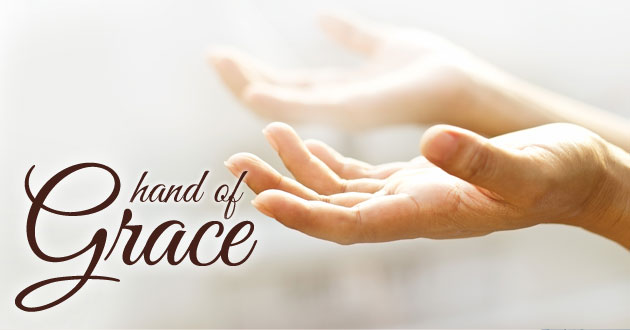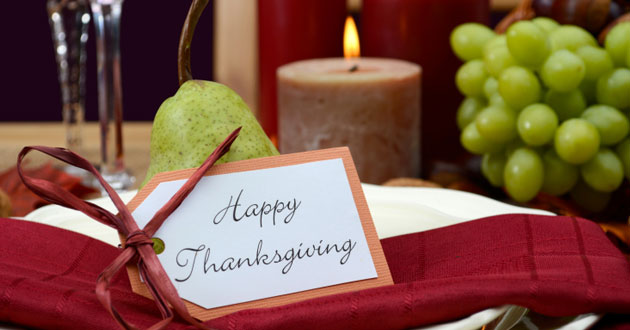The gentle hand of grace

Most of us have done something dumb, where we can’t believe we put our lives, our jobs, our relationships, at risk, just because we weren’t paying attention. Here’s how it happened when, just days before my wife and I were going to leave the country for our 25th wedding anniversary, I discovered that my passport had expired. We had the plane tickets, the apartment, everything, lined up. But it looked like I torpedoed the whole thing—a trip we had been planning for two years.
I called a passport service in Washington D.C., fully ready to agree to anything he demanded.
“This happens all the time,” the bored voice in Washington, D.C., told me. “We’ll fax you some documents now; fill them out, sign them, and send the papers and your expired passport to us by FedEx right away.”
I did what I was told, feeling like I was talking to hostage takers telling me where to drop off the money if I wanted to see my baby again. Name the time. Name your price. Add some zeroes to it. I won’t call the authorities. Just give me back my trip, I beg you!
True to their word, they sent the forms immediately. I filled them out in the FedEx parking lot, stuffed them in an envelope, wished them Godspeed, and slowly drove home. Things seemed OK between my wife and me on the surface. We told the kids about it. My daughter would pass me in the house, pause, and hug me unsolicited, as if it were my last cigarette before the execution. I caught my son staring at me from another room. “What?” I asked. He slowly shook his head. “You are so screwed,” he said.
The earth didn’t start spinning again until Monday morning, when I called Washington. Yes, they had my passport, and yes it was already at the U.S. State Department being rushed through. I should have it by tomorrow, they said. That was one day before were leaving. A little tight, but a livable margin.
They called Monday afternoon. Bad news. I had forgotten to sign the back of one of the forms. Passport rejected.
My wife saw my body language and stood behind the chair I was sitting in while I discussed my options on the phone. She reached down and began to massage my shoulders. I tucked my chin at first, hoping she was actually feeling for my windpipe, but when I realized she was getting the picture that our anniversary trip was not going to happen because of me, after two years of planning, and she was still willing to share this shameful moment with me, I understood the concept of grace.
“There’ still a chance this will work,” the emotionless voice in Washington said. “Sign the form now, fax it to me, and we’ll take it in first thing Tuesday. We’ll get it on the earliest overnight and you might have it by 8 a.m. Wednesday.
The airport shuttle was coming at 9:30 a.m. It was the only option left.
At 7:30 a.m. a van pulled in front of the house. The driver had an envelope. I signed for it before he was completely out of his vehicle. Two hours later another van arrived and took us to the airport.
Within a day we were riding bikes along canals in Bruge, Belgium, playing in the North Sea, enjoying the art and sights during the days and the jazz clubs at night. I massaged Marcia’s shoulders a lot.
I remember the trip. I remember the tension I caused. But what I remember most was, at my lowest point, I did not get condemnation. I got a neck rub. I got a massage that said, “We’re in this together, regardless of how badly you screwed this up.”
Bringing out flaws to our loved ones can be the very means that moves the relationship forward. How else do we remain in our deep relationships? How else do we grow? With God or anyone else? It is within the frame of families that we learn how to become advocates for one another.
Family life in general is a series of small surrenders that move us downward, but actually lead us upward. It’s about giving away power and rights. It’s about being unselfish. It’s bout feeling the way God feels—where we take delight in letting someone else’s life be more important than our own.
— by Dean Nelson
Nelson directs the journalism program at Point Loma Nazarene University in San Diego. His book on seeing God in everyday life is God Hides in Plain Sight: How to See the Sacred in a Chaotic World.





